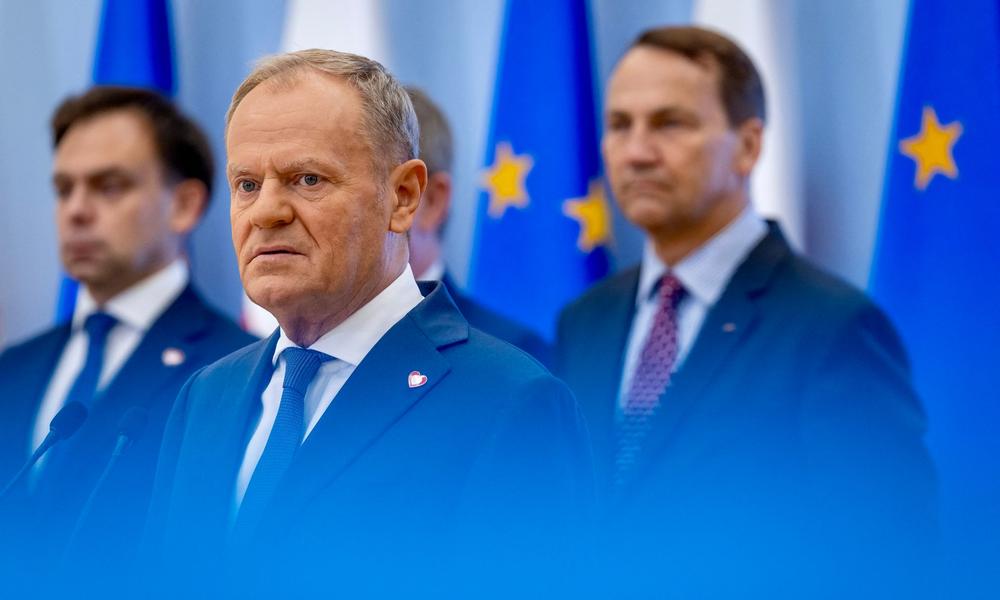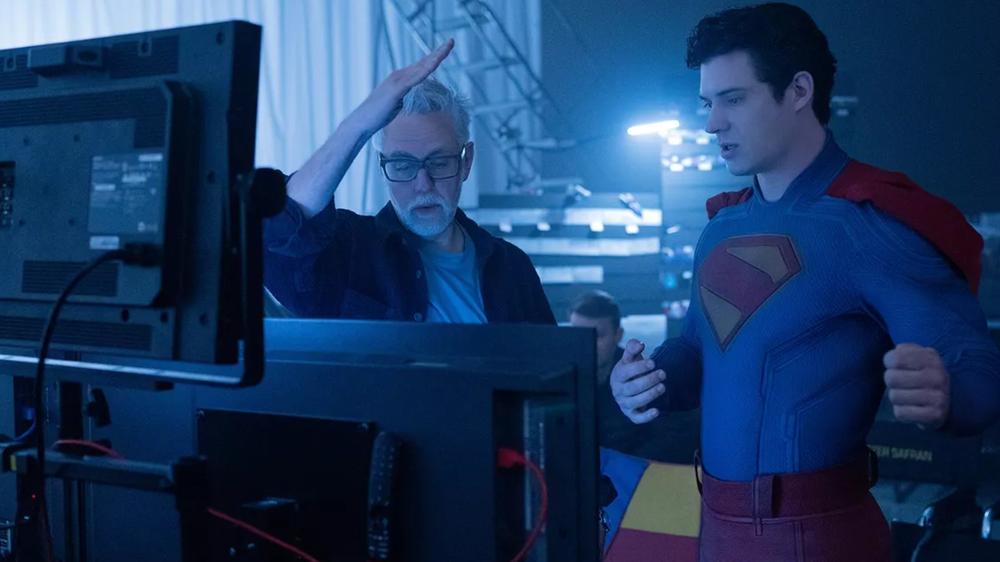Polish Prime Minister Donald Tusk said on Aug. 20 that he does not support the idea of potential peace talks between President Volodymyr Zelensky and Russian President Vladimir Putin in Hungary.
"Budapest? Not everyone may remember this, but in 1994, Ukraine already got assurances of territorial integrity from the U.S., Russia, and the U.K. In Budapest," Tusk wrote on X. "Maybe I'm superstitious, but this time I would try to find another place."
Tusk's remarks reference the 1994 Budapest Memorandum, under which Ukraine surrendered its nuclear arsenal in exchange for security assurances. Russia later violated the agreement by occupying Crimea and part of the Donbas in 2014 and launching a full-scale invasion in 2022.
Reuters reported on Aug. 19 that Hungary was being considered as a possible venue for a meeting between Zelensky and Putin, citing a U.S. administration source.
The summit would be the first face-to-face encounter between the two leaders since the full-scale invasion began. They last met in Paris in December 2019 during Normandy Format talks mediated by France and Germany.
Hungary's parliament voted in April to withdraw from the International Criminal Court, potentially allowing Putin to travel to the country despite a 2023 arrest warrant issued against him for the abduction of Ukrainian children.
Hungarian Prime Minister Viktor Orban has maintained close ties with Moscow, blocked or delayed EU aid to Kyiv, and echoed Kremlin talking points. His government is widely seen as authoritarian.
U.S. President Donald Trump said on Aug. 18 that preparations were underway for a summit, while German Chancellor Friedrich Merz indicated the same day that it could be held within two weeks.
French President Emmanuel Macron suggested on Aug. 19 that the meeting be held in Geneva, citing Switzerland's neutrality. Swiss Foreign Minister Ignazio Cassis said on Aug. 19 that Putin would be granted immunity from arrest if he traveled there for peace talks.

 James Gunn’s DC Universe is doing the same thing as Alien: Earth
James Gunn’s DC Universe is doing the same thing as Alien: Earth